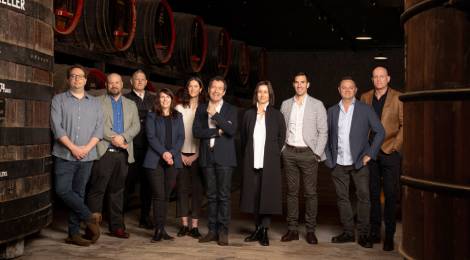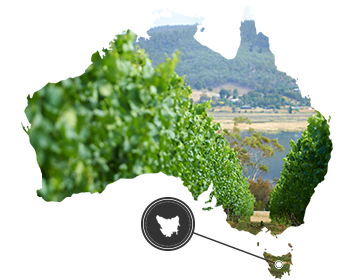Bin 23 Pinot Noir 2024
Penfolds
Bin 23 Pinot Noir 2024
Penfolds
Bin 23 Pinot Noir 2024
- Exclusive pricing and offers
- Shipping included
- Plus more
Overview
Overview
Bin 23 derives its name from Cellar 23 at Magill Estate, where Pinot Noir barriques are often stored during maturation. It follows in the footsteps of the Penfolds Cellar Reserve Pinot Noir, a wine first made from Adelaide Hills grapes in 1997. Reflecting an evolving style, regional definition, and complexities of the many and varied Pinot Noir clones, Bin 23 Pinot Noir is an elegant, lighter-bodied inclusion in the Penfolds Collection.
The 2024 vintage reveals vibrant raspberry fruits, savoury charcuterie nuances and bright acidity, framed by fine texture and cool-climate precision. Sourced from Tasmania, where ideal conditions yield grapes of purity and distinction.
| Varietal | Pinot Noir |
|---|---|
| Vintage | 2024 |
| Country | Australia |
| Region | Tasmania |
| Volume | 750 mL |
| Closure | Screw Cap |
| Alc/Vol | 13.5% |
| Peak Drinking | Now - 2035 |
| Winemaker | The Penfolds Team |
Taste Description
Taste Description
Nose
Vibrant and complex. Bright and fresh notes of raspberry lead, followed by the scent of blacksmiths forge. A note of wheatgrass adds an earthy freshness, while caperberry introduces a briny sharpness. The herbal fragrance of rosemary and the delicate floral note of violet add layers of depth, highlighting the wine’s nuanced profile. Charcuterie elements are present via the rich, cured scent of bresaola, complemented by the piney notes of juniper. Tangy rhubarb and the warmth of cardamom and nutmeg add further complexity. A note of white plum rounds out the nose.
Flavours and Palate
A savoury, cured meat quality enhances the wine’s structure, providing a textural mouthfeel, while a tannic core of graphite provides further backbone. The fruit profile is both refined and elegant, showcasing an array of dark berries, fresh plums, and stone fruits. The wine’s youthfulness is highlighted by bright white raspberry and tart cranberry. The acidity is crisp and lively.
Viticulture Vintage & Winemaking
Viticulture Vintage & Winemaking
Tasmania
The Apple Isle is aptly nicknamed for its fresh and pure produce – its seafood and sparkling are national treasures. Some of the best intensely flavoured and aromatic Chardonnay, Riesling and Pinot Noir around also thrive in Tassie’s pristine, cool climate.
Vintage Conditions
The Tasmanian growing season was characterised by a warm, dry season that led to an early high-quality harvest. The winter preceding the spring growing season had lower rainfall than usual, with June being the exception. This resulted in below-average spring soil moisture at budburst. The region experienced a warmer period from July to September with both minimum and maximum temperatures above average. October and November continued the trend with less rainfall and higher temperatures. The summer rainfall was roughly average. A significant event on December 14th caused by a low-pressure trough delivered 15mm of rain to the Whitehills vineyard. Warm conditions persisted into January, with rainfall remaining average and another notable low-pressure system in mid-late January, adding another 26mm to the tally. February and March were drier than normal but still warmer, while April saw a return to average rainfall and milder temperatures. The season’s highest temperature was a moderate 30.8°C. The growing season was milder than average without any severe heat spikes. Pinot Noir vines had moderate yields but good fruit set and a nice even veraison. The dry conditions kept the vines healthy. Overall, the vintage was of high quality, with Pinot Noir grapes harvested in excellent condition.

The Penfolds Team
Key to the success of Penfolds has been a lineage of visionary winemakers. There have only ever been four Chief Winemakers at the helm of Penfolds – Max Schubert, Don Ditter, John Duval and Peter Gago, each a custodian of a rich winemaking tradition that goes back for more than 170 years.
Our current Penfolds winemaking team has more than 100 years between them as Penfolds winemakers. They are constantly refining and improving their work, whilst honouring the winemaking techniques of their predecessors.



